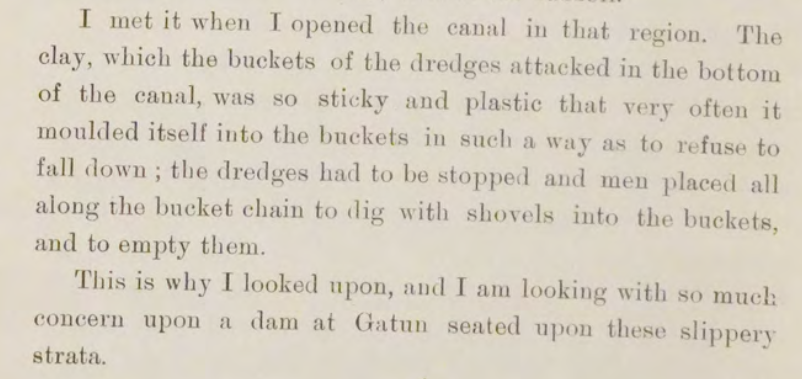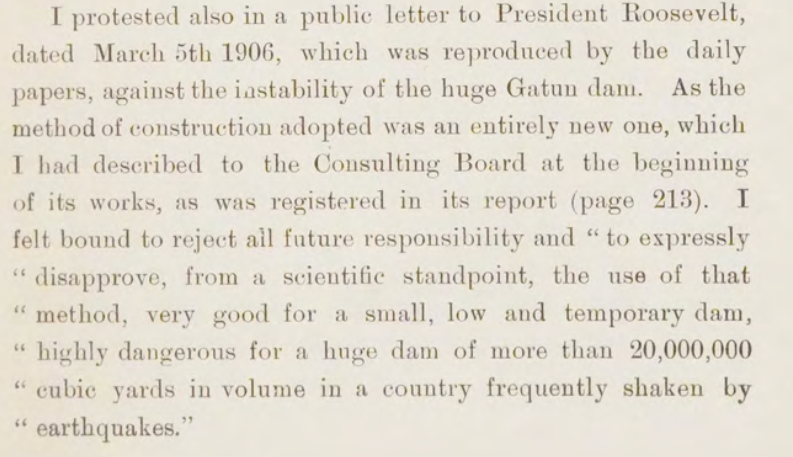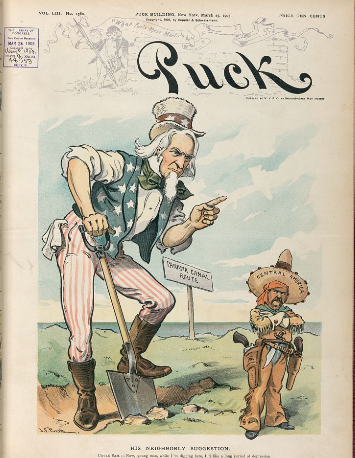Along with the doubt of success, there was also concern over using of American warships to help Panama gain independence. "When a proposed treaty over rights to build in what was then a Colombian territory was rejected, the U.S. threw its military weight behind a Panamanian independence movement, eventually negotiating a deal with the new government" (History.com Editors). This made many politicians and citizens upset over the U.S. joining the war only to get what was originally denied.
"World power was consistent with maritime power. Americans knew they needed this to move ships from east to west quickly. If they did that, they would control power because they would control the oceans. The Canal was a geopolitical strategy to make the United States the most powerful nation on earth."
~ Ovidio Diaz-Espino (pbs.org)
"The canal has also been a source of pride and benefit to the people of Panama—but a cause of some continuing discontent. Because we have controlled a 10-mile-wide strip of land across the heart of their country and because they considered the original terms of the agreement to be unfair, the people of Panama have been dissatisfied with the treaty. It was drafted here in our country and was not signed by any Panamanian. Our own Secretary of State who did sign the original treaty said it was 'vastly advantageous to the United States and... not so advantageous to Panama.'"
~ President Jimmy Carter


